How to choose the right protagonist for your game
- Edwin McRae
Greetings and salutations, fellow lorekeepers!
I’m Tim Schuchert, a narrative design colleague of Edwin’s, and the topic I want to analyze here is one that came up in a discussion in the formidable Narrative House Discord server, that you should join, if you haven’t already. There the question was asked, why so many game protagonists feel like they are underdeveloped as characters and act as if they are just assholes with special powers.
The Game Protagonist
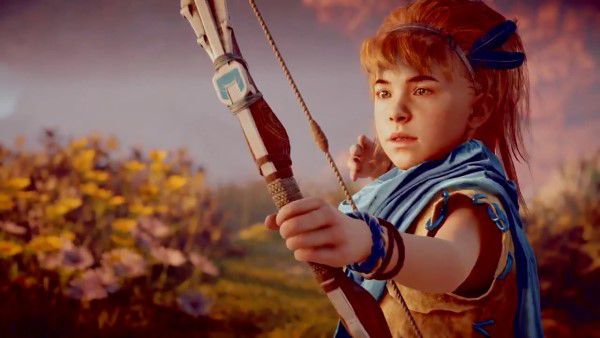
Let me start by first explaining what a game’s protagonist even is. And this question is a very intriguing one to start with, because the answer to it has many facets. To do so we need a bit of term declaration first.
When we create a game, we want to shape an experience for the player that is created when they play our game. The narrative, just like the mechanics, visuals, or sound of a game, is a tool to be used to shape this experience.
To enable a player to experience all of this, games provide them with a character through which they perceive the game’s world. This avatar is the representation of the player within the game world. At the same time, it is their interface and tool to interact with this game world. But we must keep in mind that the player in front of the screen is never ever the same person they control within the game.
Player Subject
Here I’d like to introduce the concept of the Player Subject, described by Wolfgang Walk [S1] who adopted the term from Miguel Sicart. The Player Subject is a part of the subconscious mind of the player. It only exists during play and is the filter through which they perceive the game’s actions while being aware of their own morality and the ethics of reality, as well as the morality of their avatar and the ethical rules of the game world. Once the player stops playing, they can reflect as a player on what the Player Subject did. We can sum up by saying that we must differentiate between Player, Player Subject and Avatar.
In digital interactive games the avatar is often equal to the protagonist of the story. A protagonist is the main character of the story. They have goals that arise from the world they live in and by trying to reach those goals a protagonist pushes the story forward.
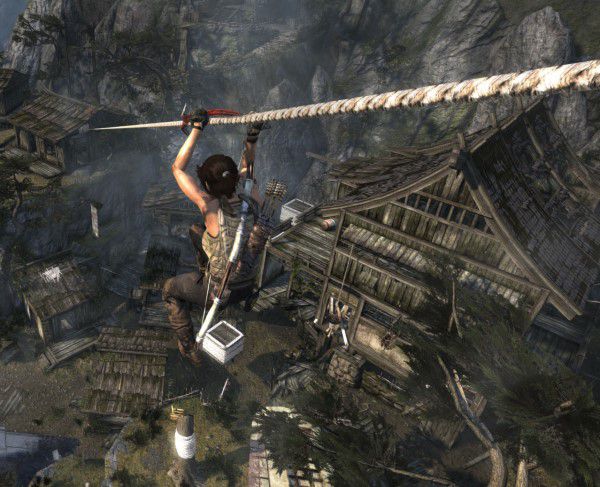
Narrative Loop
To describe the protagonist as the engine of the story Morgan McGuire and Odest Chadwicke Jenkins [S2] defined a narrative loop for games. In short, this loop defines that a character is confronted with a pressure that causes them to reflect on themselves and their position in the game’s world. This ultimately leads to a reaction from them that introduces a new plot and restarts the loop.
Now that we roughly know what to call a protagonist, we can look at what different kinds of protagonists there are. Based on the interactivity and point of view a game has, I defined different protagonist categories.
Pre-generated Characters
In very cinematic and less interactive games we tend to find pre-generated characters. These are established in their world, have a clear design, and offer the least freedom for a player to express their own ideas, wishes and beliefs within the game. However, I would say that we can further subdivide this category into fixed and formable pre-generated characters.
Fixed
Joel and Ellie from the “The Last of Us” franchise are barely distinguishable from characters in movies or TV series.
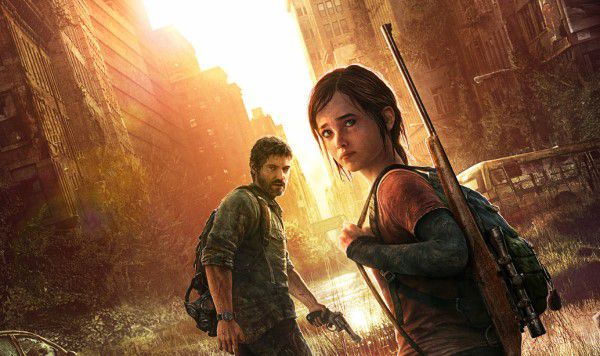
As a player we get to watch them along their journey, which is cinematically staged and told in depth, but we never actually get to decide anything as a player that changes them or the outcome of their story. All important plot points and character developments are already written, and we must take them as they are.
Formable
Geralt of Rivia from the “The Witcher” franchise on the other hand is also an established character who has his own beliefs, goals, relationships and so on. Some of those were even created in the novels the games are based on. Nevertheless, we as a player get to decide what Geralt does within the spectrum that is granted to him in the game.
Do we side with humans or Scoia’tael? Do we sleep with every woman in town or are we devoted to our one true love?
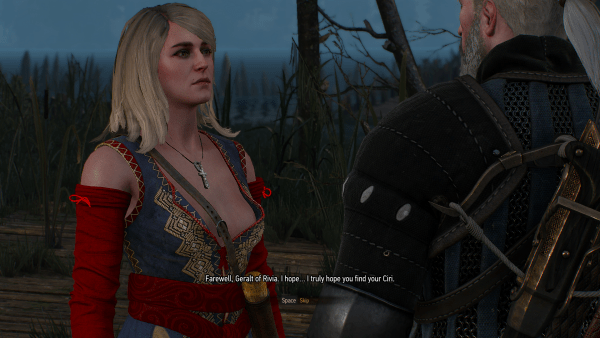
Do we slay the monster, or do we spare it because it had a hard childhood? You get the idea.
Geralt is formable within certain boundaries and our player decisions begin to matter, even if they might not entirely change who he is.
Taking this further, we find player-created characters.
Player-created Characters
Here, we as players are the ones who decide who we want to be within the game’s world. We pick how we look, which race and class we have, which factions we join and which way we like to end a quest. These are certainly still boundaries the game puts on us as players, but they are wider than those that restrain Geralt and we can start our character creation from a blank piece of paper. A good example for this kind of protagonist is the “Elder Scrolls” series.
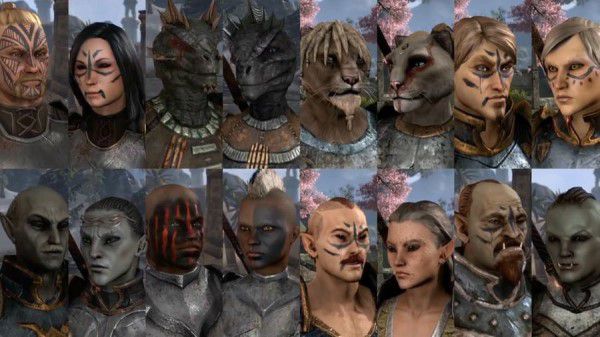
If we go even one step further from here, we end up with imagined and abstract protagonists.
Imagined and Abstract
The imagined protagonist can often be found in RTS games where the player acts as a faceless and almighty general or dictator controlling masses of units.
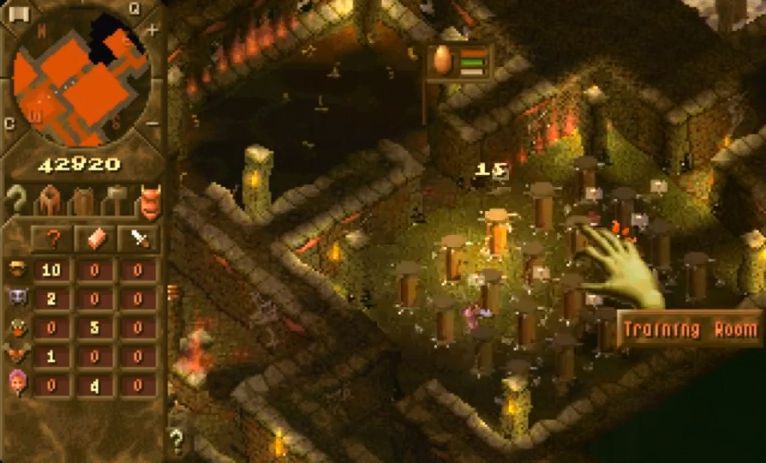
Finally, abstract protagonists are some that are not perceivable as living characters by the player, but are merely a visual representation of the player, like a racket in “Pong”.
We see that the less pre-defined a protagonist is, the harder it is for us as a player to relate to them and their struggles, and to build up a sympathy. Therefore, we see less defined characters appear more in games where the experience is more focused on the gameplay. In the end it is up to us to pick the right type of protagonist for the game experience we want to create. There is no ‘one size fits all solution’ as every type brings their pros and cons to the table as shown above.
Mental Models
No matter how we decide, we must be aware that our players form mental models about their protagonist while they perceive them through the Player Subject. These mental models must never be broken by the design at any point or the player’s immersion will be broken, and they alienate their protagonist.
This means that if the protagonists of your games aren’t supposed to be an “asshole with special powers”, you shouldn’t design them in a way that would enforce such a mental model in the player. However, if you want your protagonist to be an asshole (e.g. Trevor Philips from GTA V) go ahead and do so.

I will dedicate an upcoming blog post to these questions. How you could avoid this ludo-narrative dissonance when creating your protagonist and how you may design them to be understandable without using hours of linear cutscenes.
Until then: write on, game on.
Tim
About the author:
Tim Schuchert is a Technical Narrative Designer from Germany. He has proven experience working on AA and AAA games, designing game writing software, and writing for interactive audio books, streaming events, short stories and pen and paper content.
My LinkedIn: www.linkedin.com/in/timschuchert
[S1] Walk, Wolfgang: Ethics as a game mechanism. URL: https://www.researchgate.net/publication/328828528_Ethics_as_a_game_mechanism; available 7th of December 2020
[S2] McGuire, Morgan; Jenkins, Odest Chadwicke: Creating Games. Mechanics, Content, and Technology; Boca Raton: CRC Press; 2008
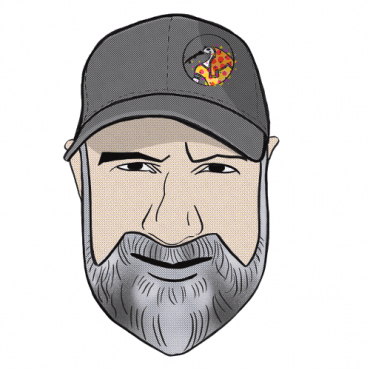
About Edwin McRae
Edwin is a narrative consultant and mentor for the games industry.
